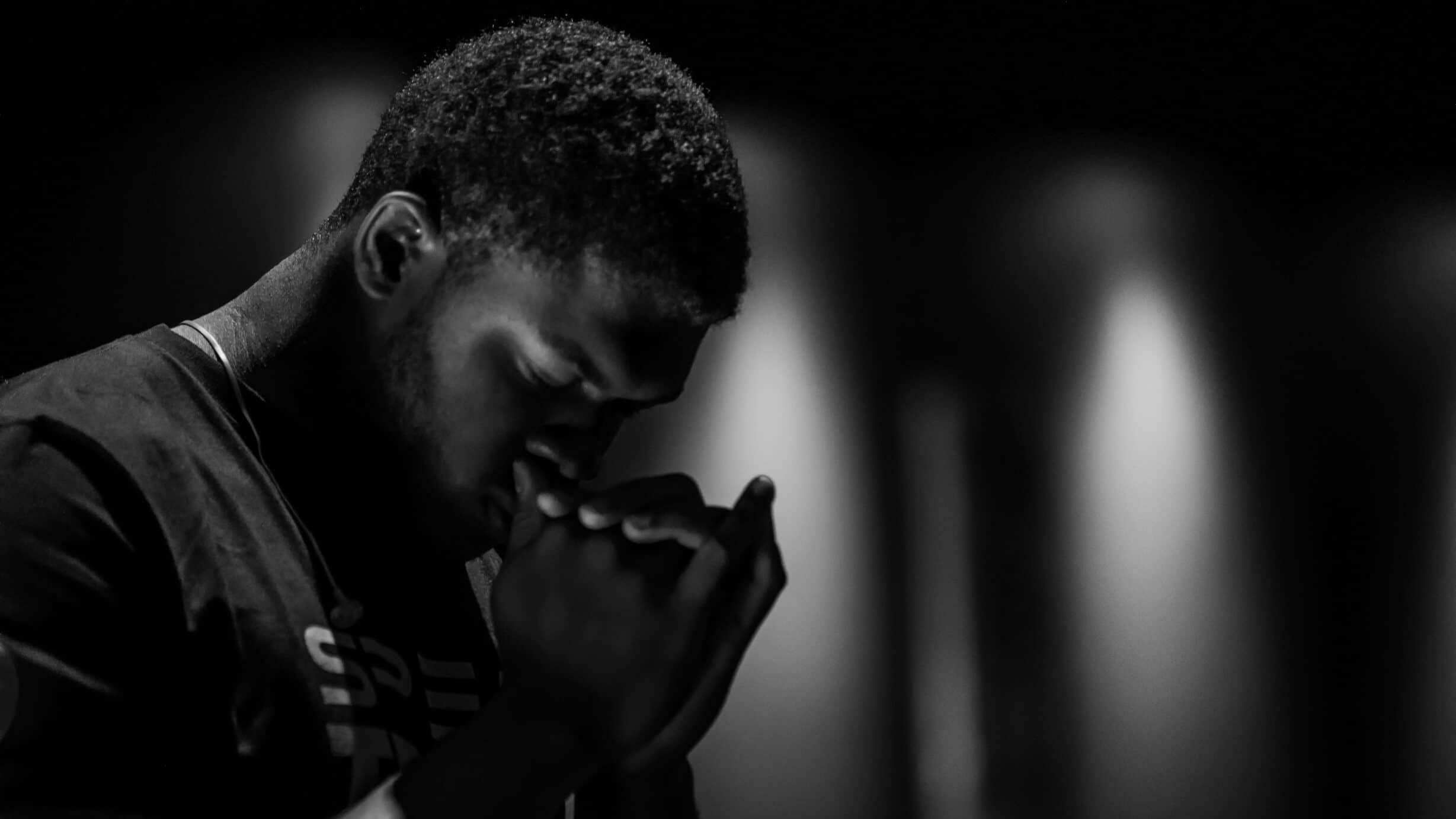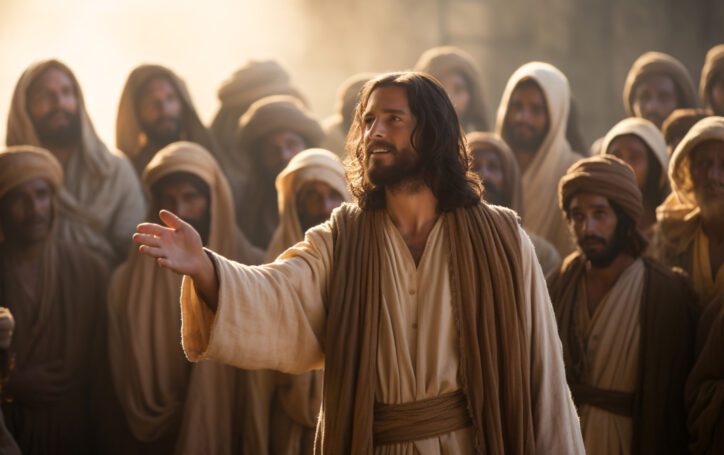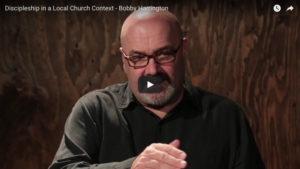Prayer

If you were to list what you think the top three items are on God’s agenda for you, what would they be? Be specific in your response. What if the real measure of your spirituality was not all the activities you are involved in? What difference will it make? The Psalmist was caught up in activities and had no time to be with God. Listen to his agony, “As the deer longs for streams of water, so I long for you, O God. I thirst for God, the living God. When can I go and stand before him?” (Psalms 42:1-2). There comes a time in our lives when, like the Psalmist, we long for more of God than our time schedule permits. We are tired, crushed, crowded by friends and life’s demands, commitments, and obligations. In the midst of this busyness, we find ourselves wanting more of God. Without God, we can never experience true inner peace, growth, and transformation.
It is an open secret that most Christians today are struggling for survival in their spiritual life. It is even more true when it comes to spending time with Jesus in prayer. You might be one of those struggling. If that is the case, it might be helpful to know that the struggle is real, and that you are not alone in this. Countless other Christians, including Christian workers in their ranks and file, are in the same situation as yours.
There were times I struggled with this myself. Throughout my thirty eight years of being a pastor, leader, trainer, and a seminary teacher, I have encountered countless believers, pastors, Christian leaders, seminary students, and faculty across the globe who struggle in their prayer lives. Peter Scazzero summaries the spiritual condition of believers today as:
-
“feeling stocked in our spiritual journey with Jesus;
-
living off of other people’s spirituality;
-
scattered, fragmented, and uncentered;
-
tired‐-physical, spiritually, and emotionally;
-
existing only with a one-inch-deep spiritually;
-
praying and communing with God very little;
-
busy and not very intentional in pursuing Jesus;
-
Struggling to stop our ‘life on the run.’”1
Peter’s point is that many Christians today have a superficial relationship with Jesus. This is because we have lost our passion for prayers. We do not have time to talk and listen to Jesus. And because we do not slow down to spend time to talk with him, we do not hear him. “My sheep listen to my voice; I know them, and they follow me” (John 5:27). Jesus was saying that if we are truly his sheep, we must slow down and listen to him in every area of our life. Unfortunately, this is not the case. We are too busy for God, but not with God. The spirit of spending time with God before doing for God has been replaced by activities. As a result, shallow spiritual immaturity is largely considered normal. Our soul and God’s work cannot prosper in the neglect of intentional fellowship with him in prayer. “Yes, I am the vine; you are the branches. Those who remain in me, and I in them, will produce much fruit. For apart from me you can do nothing” (John 15:5).
As E. M. Bounds rightly says:
There may be much of activity induced by drill or created by enthusiasm, the product of weaknesses of the flesh and the inspiration of volatile, short-lived forces. Activity continues often at the expense of more solid, useful elements and generality to the total neglect of prayer. To be too busy with God’s work to commune with God , to be busy with doing church work without taking time to talk to God about his work, is the highway to backsliding. Many people have walked there to the hurt of their immortal souls. Notwithstanding great activity, great enthusiasm, and much hurrah for the work, the work and the activity will be but blindness without the cultivation and the maturity of the graces of prayer.2
Bounds‘ words accurately describe the majority of Christians today. Spiritual bankruptcy in the church today is due to the absence of the practice of God’s presence. Activity, noise, hurry, and crowds are things the enemy of contemporary society majors in to destroy the foundation of our spiritual life. “When the prayer chambers of saints are closed or are entered casually or coldly, then church rulers are secular, fleshly, materialistic; spiritual character sinks to low level, and the ministry becomes restrained and enfeebled.”3 I am afraid to admit that this is true of the global church. My hope is to inspire you to intentionally develop intimacy with Jesus in prayer. Rather than standing watch at the accelerated decline of prayer across the church, you would begin to intentionally invest in prayer.
From the look of things, it seems as if all hope is lost, but it is not. While the problem might be real and deeply rooted, there is hope. There is hope to live a relaxed, unhurried, fulfilled life in Jesus in spite of the current challenges. “There is a way to mature into spiritual adulthood in the love of God … There is a way to give our lives in service to others without becoming chronically exhausted.”4 You might ask, “How is that possible?” The answer is in intentional discipleship to Jesus, which includes practicing to slow down to be with him. For Peter Scazzero, “A person who practices ‘being’ before ‘doing’ operates from a place of emotional and spiritual fullness, deeply aware of themselves and others. As a result, their being with God is sufficient to sustain their doing for God.”5 Jesus, the Apostles, and the early church practiced being with God before doing for God. Whatever they achieved for God was as a result of their being with God in prayer.
Prayer was central to Jesus’s life and ministry. He never did anything without first discussing it with the Father. “So Jesus explained, ‘I tell you the truth, the Son can do nothing by himself. He does only what he sees the Father doing. Whatever the Father does, the Son also does’” (John 5:19). He prayed at his baptism (Luke 3:22-23). He prayed before the major task of starting his ministry (Luke 4:1-2). Jesus prioritized prayers over preaching and healing the crowds (Luke 4:15-16). He spent a whole night on a mountain in prayer before choosing those he included in the leadership team of his movement (Luke 5:16-16). He modeled prayers for the twelve before teaching them how to pray (Luke 11:1-13).
In Acts, Luke presents, in many ways, a blueprint of how prayer was a lifestyle for the Apostles and the early church. The apostles prayed before choosing Judas’ replacement (Acts 1:24). They prayed before Pentecost (Acts 2:1-4). The church met daily in the temple for prayers (Acts 3:1). The church prayed for every situation (Acts 4:21; 6:6; 16:25).
From Jesus, the apostles, and the early church we learn that the impact of their work was due to their first being with God before doing for God. We further learn three important lessons of the “be-before-you-do” approach to ministry. First, we cannot give what we don’t have. Ministry flows out of who we are from within more than what we do or say. Prayer builds our inner man. Second, what we do is important, but who we are is even more important. Our lives preach the gospel to those watching us before we ever open our mouths to talk to them about Jesus. The ministry of Barnabas and Paul in Antioch best illustrates this point, “and when he found him, he brought him to Antioch. So for a whole year Barnabas and Saul met with the church and taught great numbers of people. The disciples were called Christians first at Antioch” (Acts 11:26). The people saw the transformed lives of Barnabas, Paul, and the disciples in Antioch, and said they are like their master, Jesus. Third, the state we are in is the state we give to others. We reproduce and multiply our prayerlessness or prayerfulness in those we influence. Jesus influenced the prayer life of the Apostles, the Apostles influenced the early church.
In the process of becoming like Jesus in prayer, you might start with a 10-15 minute fellowship session with him, two or three times a day. This will help you cultivate the art of being in his presence and progressively grow. Daniel and David practiced this discipline (Daniel 6:1-3; Psalms 55:16-17). Several tools are available to help you start the process. A friend once said to me, “If you want to do something, look for a way until you find your own way, then you have a multiplicity of ways.” I counsel you to look for a prayer guide that will help you kick start your journey of being with God before doing for God.
This post originally appeared at: Prayer — The Bonhoeffer Project
1 Peter Scazzero, Emotionally Healthy Spirituality Day by Day: A 40 – Day Journey with The Dally Office (Grand Rapid, MI: Zondervan), 2018.
2 E.M. Bounds, E. M. Bounds On Prayer (New Kensington, PA: Whitaker House), 1997.
3 Ibid.
4 Peter Scazzero, The Emotionally Healthy Discipleship: Study and Discussion Guide (Grand Rapid, MI: Zondervan), 2021.
5 Ibid.
If you have enjoyed reading this, please consider joining our email list!











